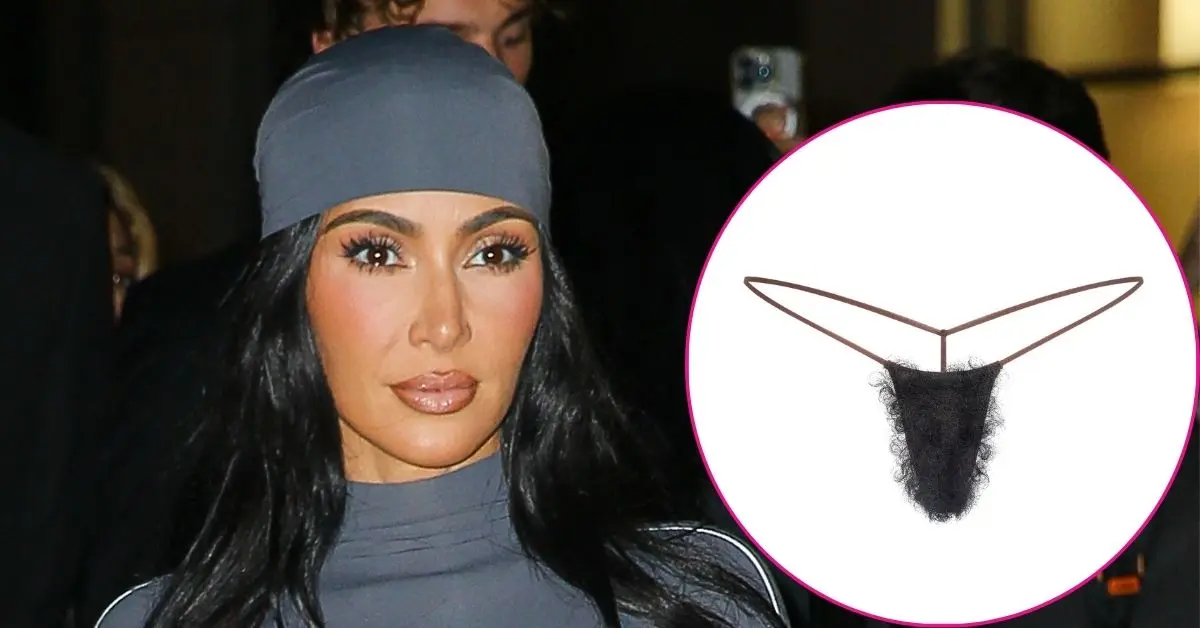In a dramatic turn of events, Romanians prepare to cast their votes this weekend in a renewed presidential election, following the annulment of last December's election results, which sparked widespread protests and national unrest. The initial round saw far-right candidate Calin Georgescu securing an unexpected lead. However, this victory was nullified by the authorities amid grave accusations of Russian meddling and an orchestrated social media campaign involving TikTok influencers.
Georgescu's candidacy, once regarded as a long shot, became a focal point of controversy when his campaign was accused of utilizing over a hundred paid influencers to artificially inflate his online presence during the run-up to the elections. Despite his disavowal of the charges, he stands barred from the re-election attempt, facing allegations related to destabilizing Romania's constitutional order.
The nexus of this political saga has brought TikTok influencers under scrutiny, with many now implicated in orchestrated campaigns that allegedly propelled Georgescu's profile. Analysts suggest these tactics bear resemblance to operations witnessed during Russian election interference in Ukraine. However, the clarity of such foreign influence remains obscured, leading many Romanians to demand solid evidence before drawing conclusions.
A report from Expert Forum highlighted how, despite Georgescu's prior unpopularity, he garnered nearly a quarter of the votes after utilizing the platform to publish engaging videos, including showcase horseback riding and judo skills, allowing him to bypass conventional campaigning methods. Yet, the mind-boggling rise prompted substantial concern regarding potential algorithm manipulation and the role of automated accounts in shaping public opinion online.
In coincidence, a trending campaign advocating for "stability and integrity" swarmed Romanian TikTok prior to the election, led by influencers unaware of the origins of their financial backing. Some influencers admitted to feeling secure in their positions, emphasizing that their posts were merely encouraging political participation rather than promoting a specific candidate. Yet, the ensuing comments supporting Georgescu ignited allegations of covert political endorsement, further muddying an already complex scandal.
Amid ongoing investigations, authorities revealed that opposition party PNL had funded the questionable #stabilityandintegrity campaign, claiming their initiative was hijacked to bolster Georgescu's candidacy. Each twist in the unfolding saga has left Romanians both bewildered and frustrated, as they seek a transparent assessment of the ongoing election crisis.
In an additional development, Bogdan Peschir, another prominent influencer known as “the King of TikTok,” faces criminal charges regarding alleged attempts to sway voters through financial incentives. However, he maintains that his contributions to influencers were not electoral in nature.
With the clock ticking down to the re-election, uncertainty looms over the electoral landscape. Romania’s institutions remain embroiled in complex investigations while grappling with questions of election legitimacy, transparency, and the influence of social media on democratic processes. As Romanians brace for what is left of the electoral cycle, the aftermath of these circumstances may echo well into the future, prompting ongoing scrutiny of both local and foreign influences on electoral politics.
Georgescu's candidacy, once regarded as a long shot, became a focal point of controversy when his campaign was accused of utilizing over a hundred paid influencers to artificially inflate his online presence during the run-up to the elections. Despite his disavowal of the charges, he stands barred from the re-election attempt, facing allegations related to destabilizing Romania's constitutional order.
The nexus of this political saga has brought TikTok influencers under scrutiny, with many now implicated in orchestrated campaigns that allegedly propelled Georgescu's profile. Analysts suggest these tactics bear resemblance to operations witnessed during Russian election interference in Ukraine. However, the clarity of such foreign influence remains obscured, leading many Romanians to demand solid evidence before drawing conclusions.
A report from Expert Forum highlighted how, despite Georgescu's prior unpopularity, he garnered nearly a quarter of the votes after utilizing the platform to publish engaging videos, including showcase horseback riding and judo skills, allowing him to bypass conventional campaigning methods. Yet, the mind-boggling rise prompted substantial concern regarding potential algorithm manipulation and the role of automated accounts in shaping public opinion online.
In coincidence, a trending campaign advocating for "stability and integrity" swarmed Romanian TikTok prior to the election, led by influencers unaware of the origins of their financial backing. Some influencers admitted to feeling secure in their positions, emphasizing that their posts were merely encouraging political participation rather than promoting a specific candidate. Yet, the ensuing comments supporting Georgescu ignited allegations of covert political endorsement, further muddying an already complex scandal.
Amid ongoing investigations, authorities revealed that opposition party PNL had funded the questionable #stabilityandintegrity campaign, claiming their initiative was hijacked to bolster Georgescu's candidacy. Each twist in the unfolding saga has left Romanians both bewildered and frustrated, as they seek a transparent assessment of the ongoing election crisis.
In an additional development, Bogdan Peschir, another prominent influencer known as “the King of TikTok,” faces criminal charges regarding alleged attempts to sway voters through financial incentives. However, he maintains that his contributions to influencers were not electoral in nature.
With the clock ticking down to the re-election, uncertainty looms over the electoral landscape. Romania’s institutions remain embroiled in complex investigations while grappling with questions of election legitimacy, transparency, and the influence of social media on democratic processes. As Romanians brace for what is left of the electoral cycle, the aftermath of these circumstances may echo well into the future, prompting ongoing scrutiny of both local and foreign influences on electoral politics.





















